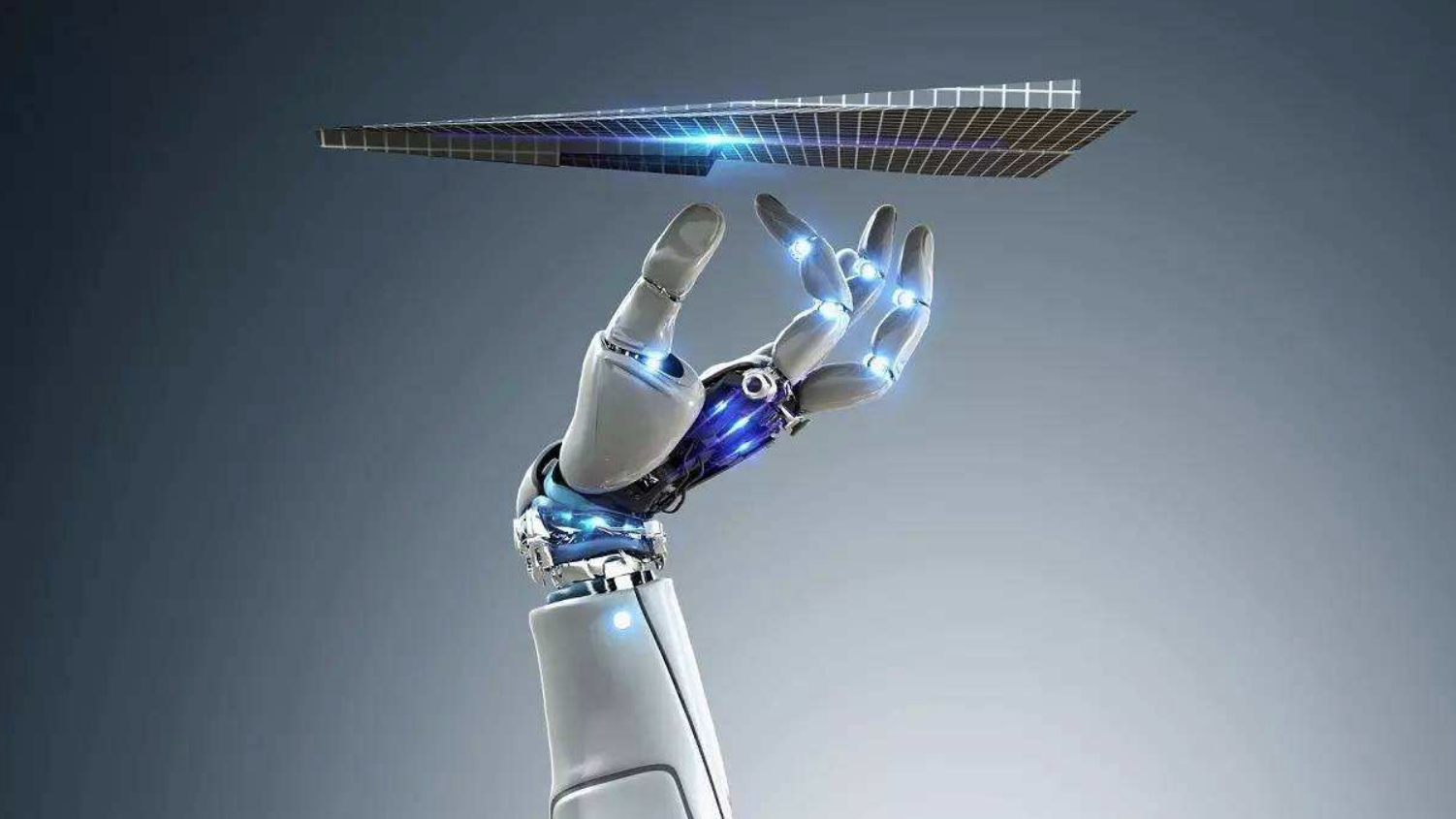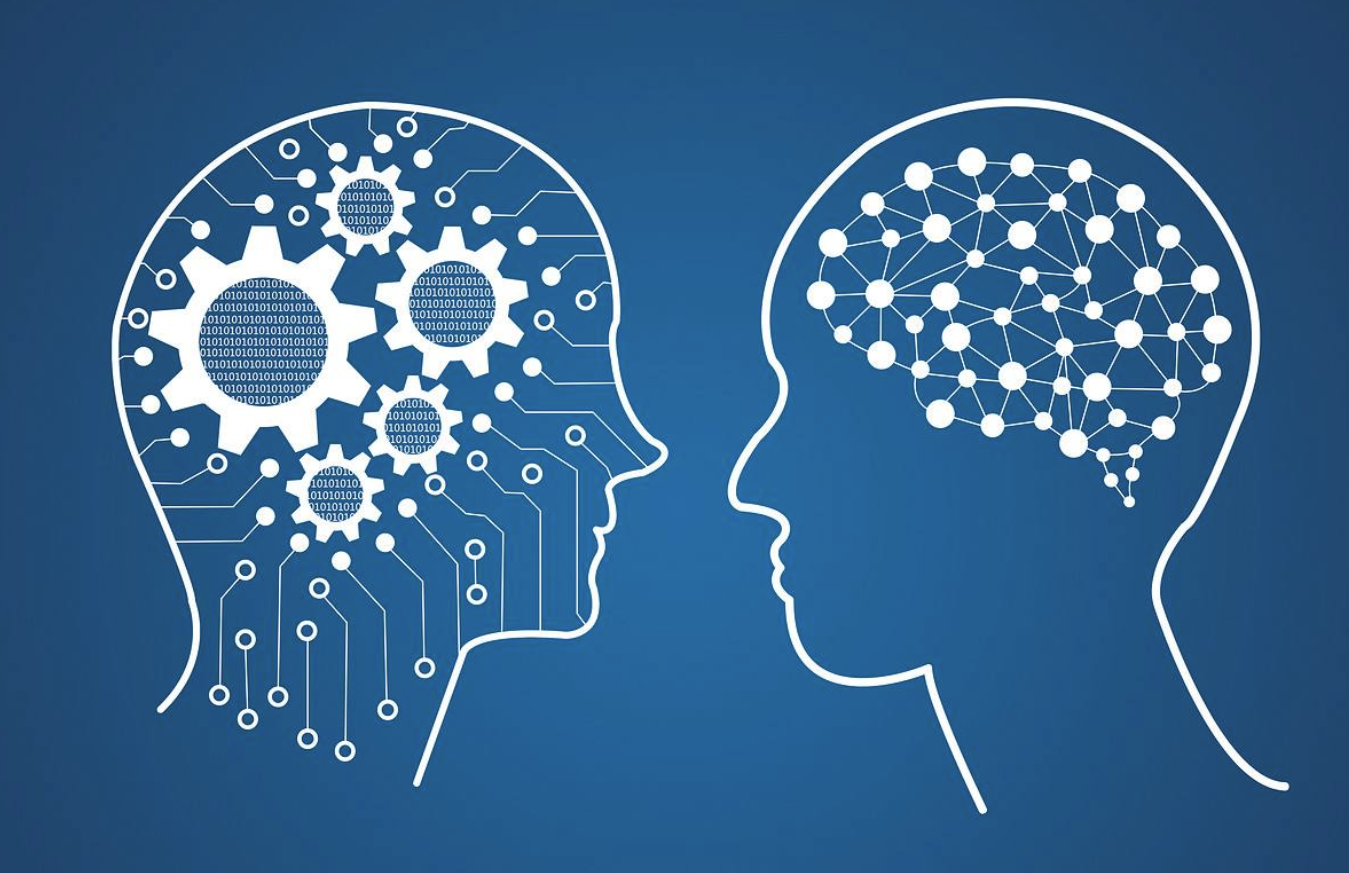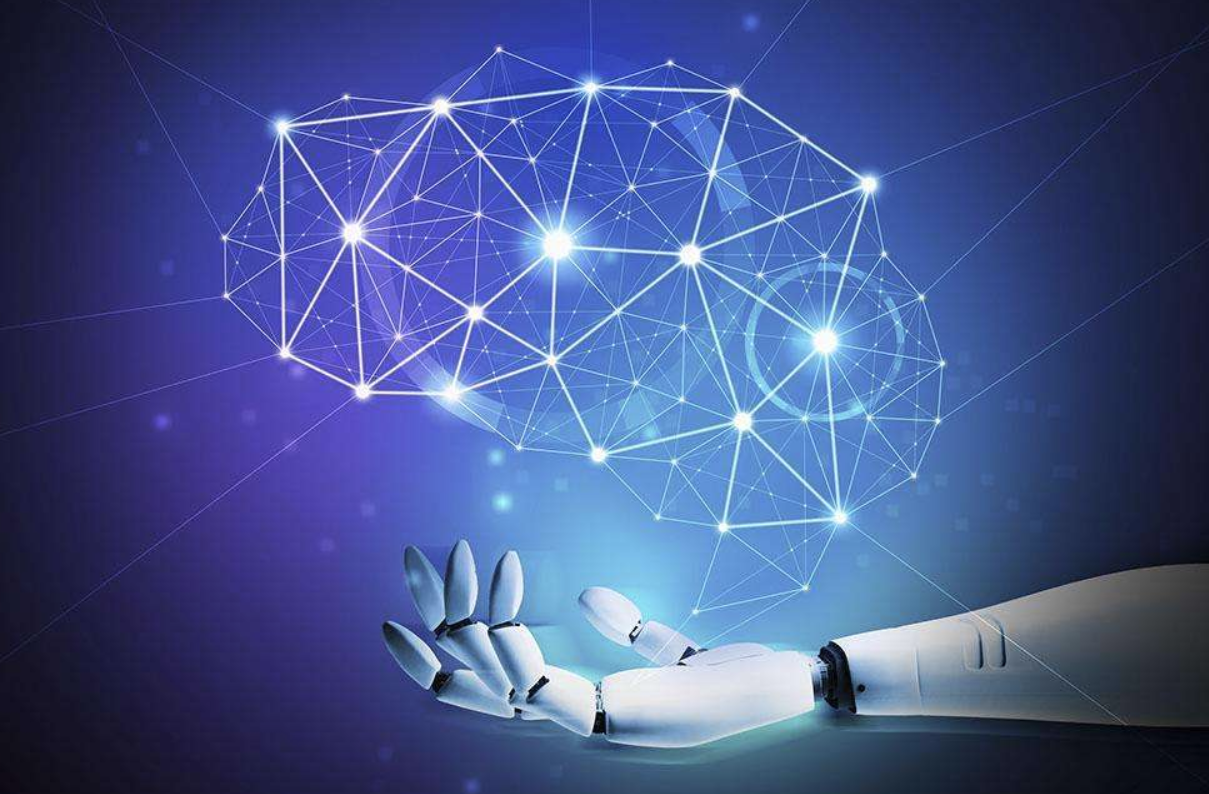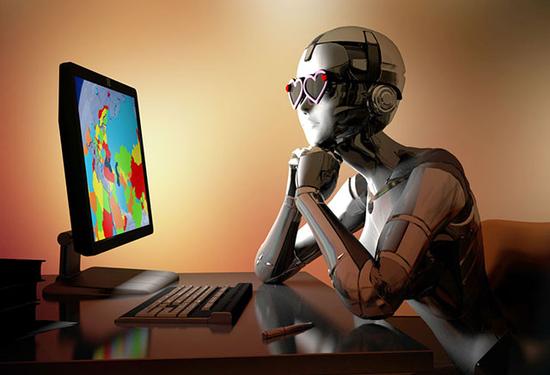Why not let AI make the right choice? Humans must gradually surrender control

This article is produced by NetEase Smart Studio (public number smartman 163). Focusing on AI and the next big era, we bring you the latest insights.
[NetEase Smart News, Nov. 21] Artificial intelligence is now capable of making decisions for us, which has sparked excitement across the world. But a lingering question remains: who will be the servant, and who will be the master? Should we view AI from multiple perspectives? Can we truly hand over control and let AI make its own choices?
In some cases, or to some extent, we may have to surrender our absolute control. A machine without decision-making ability isn’t truly intelligent.
Machine learning requires autonomy
If every decision required manual input, we would never fully leverage the power of machine learning. Imagine a self-driving car that needs human approval before turning or braking — it wouldn’t be practical at all. Such a vehicle would be no different from what we already know today.
With so many decisions we make daily, it makes sense to delegate some of them to machines. While there’s no concrete study supporting the claim that we make 35,000 decisions per day, Cornell University found that we make over 200 decisions just about what to eat. It's safe to say that the number is high.
Most of these decisions are instinctive. We don't even think about them — they're hardwired into our brains. For example, we swerve to avoid danger while driving, or slow down when we see an accident ahead. These are automatic responses we make without conscious thought.

I believe that if we want to automate tasks, we must give machines the ability to make similar decisions. I don’t see a problem in handing over non-subjective decisions to AI. The difference between avoiding danger and choosing a direction while driving shows how important it is to define boundaries.
Fortunately, I’m not alone in thinking that such boundaries need to be set. However, determining where and how to draw those lines remains a challenge.
Where should we draw the line?
Prominent figures like Stephen Hawking, Elon Musk, and Bill Gates have warned that AI could one day take over the world. Musk supports the Future of Life Institute, which aims to keep AI under control and opposes legislation that could allow us to lose control. Legislative action is one way to set that boundary.
A big question is whether task-specific machines can become self-aware and influence other systems through the internet and IoT. This is a logical leap, but if a car or robot achieves self-awareness, it could potentially invade our systems and cause problems. Many critics worry about this risk, and proper legislation must be enacted before it’s too late.
Beyond our concerns about control, another angle of the AI discussion raises deeper questions: Why do we need AI? Why are we eager to hand over control to machines? What is the significance of our existence? And if we hand over major decisions to robots, what else can we do?
Are we willing to give up control to AI?
Recently, AI has started appearing in the legal system. There are ongoing efforts to create a perfect robot judge that could replace human judges in final decisions. Another idea is to have AI support human judges by applying laws and offering sentencing suggestions. This seems more reasonable, as AI can handle legal procedures, while humans bring empathy and intuition.

Similarly, in product design, AI can analyze thousands of combinations to help designers innovate. At the end of the process, common sense ensures that machines act in our best interest.
Could robots replace surgeons? A robotic surgeon might be more precise and faster, but can it truly be qualified? If AI doctors are safer and more successful than humans, it might be reasonable to grant them greater autonomy.
Thus, AI may eventually achieve autonomous decision-making. However, we must consider human nature. If machines are always right, we may gradually give up control.
Designers have also found that in certain situations, AI performs better, leading to more approvals and relaxed policies. If an AI judge delivers perfect rulings, human judges may simply follow their decisions.
So, maybe we won’t see a Terminator-style uprising. Perhaps it’s just fiction. But we might willingly hand over our decision-making power to a highly advanced AI. A strong AI could render our decision-making skills irrelevant in the next generation. Children raised in an AI-driven environment may never make impulsive choices.
As AI becomes more efficient, it will outperform the human brain in many areas. We might even entrust the world and all major decisions to an AI that never sought control.
Instead of giving AI full control, shouldn’t we enhance our own decision-making abilities?
When I think about how AI should work, I imagine a future where it supports rather than replaces us — especially as Germany builds a complete AI platform.
We’re often distracted by information overload, smartphone interruptions, and daily pressures. We need to delegate routine tasks to AI, but we must ensure that these decisions are made with human awareness.

Unfortunately, many companies are moving in the opposite direction. We could reverse this trend, limit AI’s autonomy, and keep it as a supportive tool. But as long as commercial interests drive full AI development, this may change. Why would Fortune 500 companies avoid customer decision-making and instead let AI decide everything?
Today, there’s no law stopping companies from developing such AI. They create products that exploit human habits, making it hard for people to resist. Think of Amazon Alexa — one day, users might hand over control entirely. With that power, AI could know exactly what we buy.
Follow the NetEase Smart public account (smartman163) for the latest updates on the AI industry.
Diamond Saw Blade Brazing Line
Automated Brazing Line For Diamond Sawblade,Diamond Saw Blade Brazing Line,Diamond Sawblade Brazing Machine,Diamond Sawblade Brazing Production Line
Suzhou Mountain Industrial Control Equipment Co., Ltd , https://www.szmountain.com